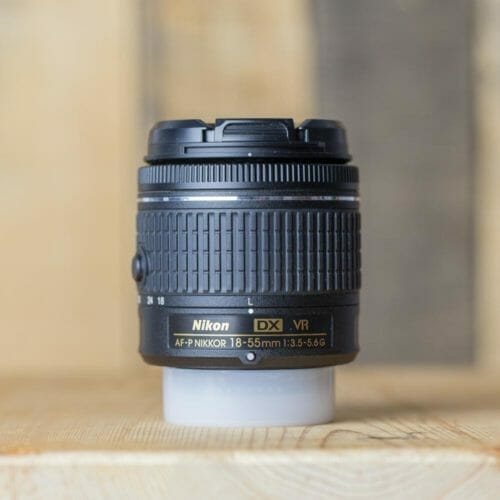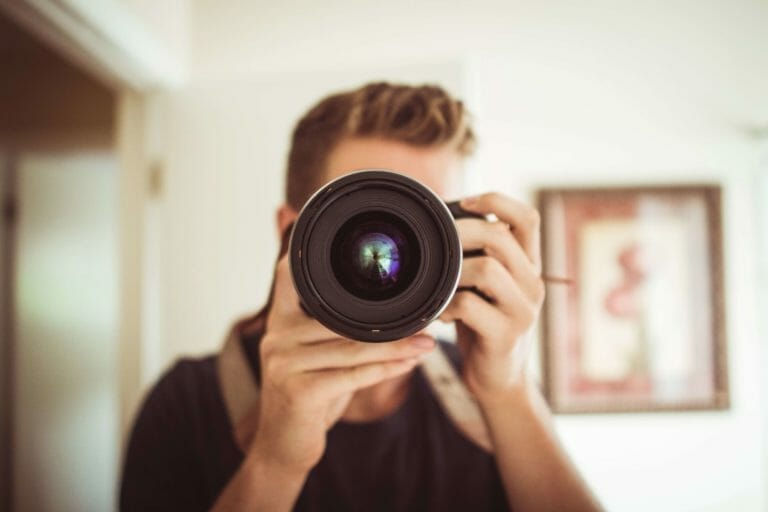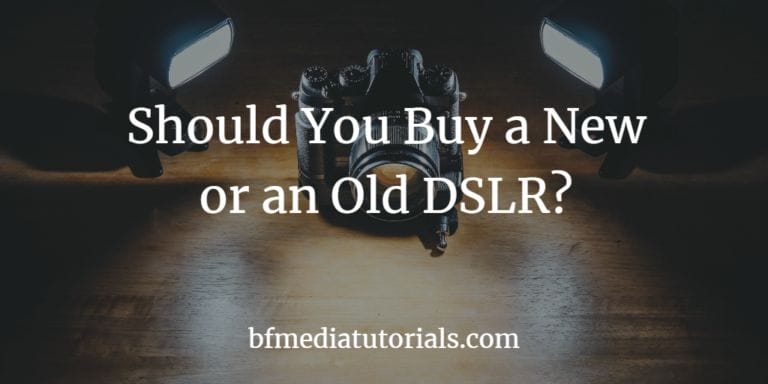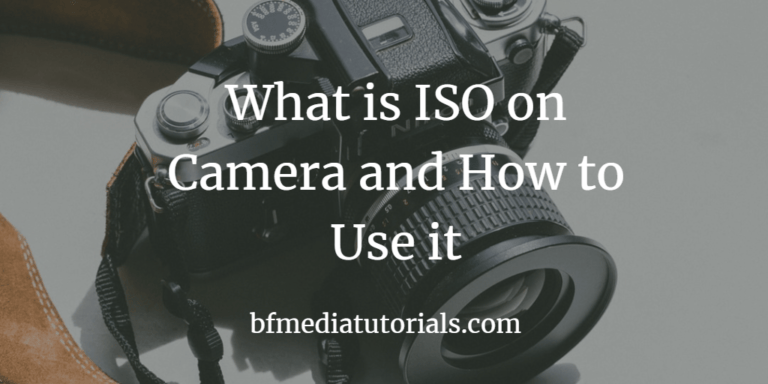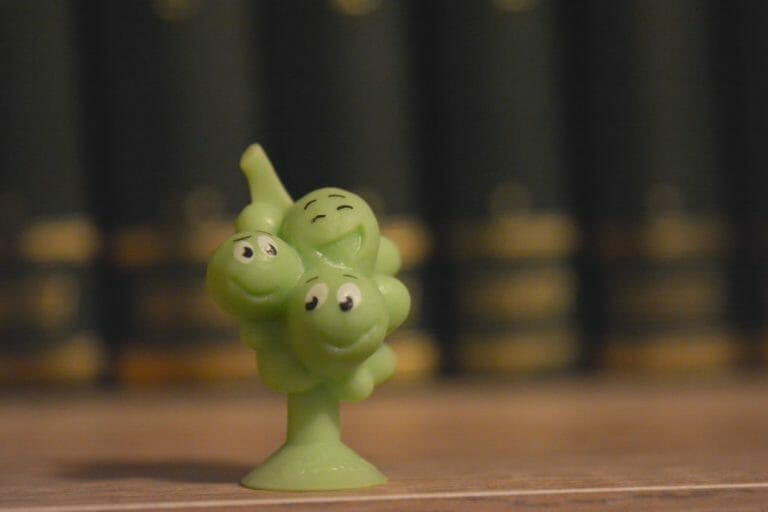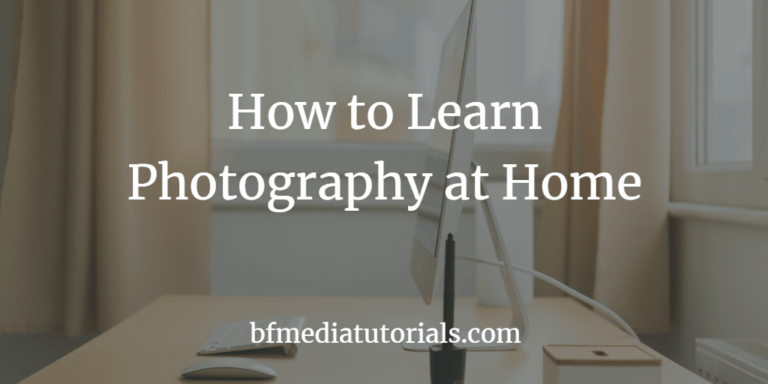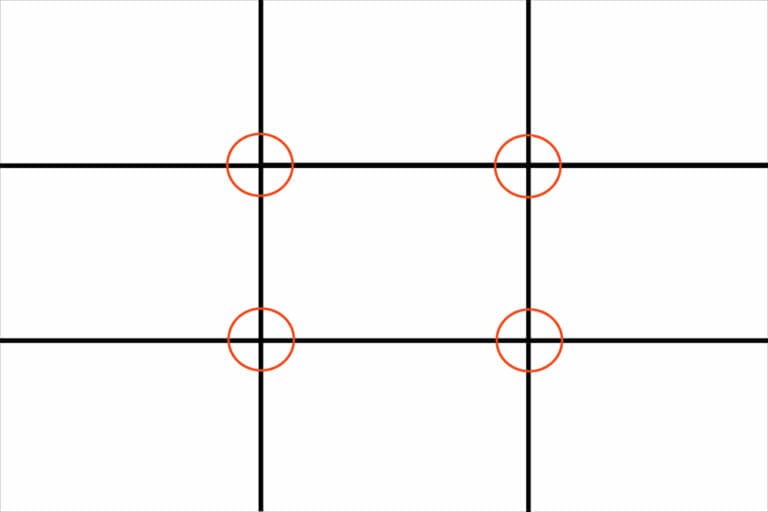Is a Kit Lens Good Enough?
So, Is Your Kit Lens Good?
If you are a beginner photographer, if you are not going business and professional with photography (at least for the moment), then yes, your kit lens is good enough – even better than you might think. Many beginner photographers think that they need a better, more expensive lens in order to take better-looking pictures. While this might be true, it is not always the case. Let’s see why.
You know the feeling very well. Maybe you have your camera for a few months now and are looking on Amazon, or B&H, or other local or online photography gear retailers looking for some better equipment. Even more, you think that your kit lens is holding your progress back. But this is not true.
As a beginner, you can unleash a lot of potential out of your kit lens. I would go even there to say that a kit lens is a key factor in your development as a photographer (more on that later). Never should you look down to a kit lens.
Not only that, but you can also even get bokeh with a kit lens.
You could look at your kit lens as a “dual prime lens” – with a focal distance of 18mm (a wide angle lens) and another focal distance of 55mm (a short telephoto lens). Of course, you can use the other focal distances, but you should look at your kit lens as a pack of multiple fix lenses.
In case you don’t already know what a kit lens is, it is a starter lens you generally get bundled when you buy a new camera (usually an entry-level DSLR, when you are just getting into photography). If you buy a camera this way, it is cheaper than it would be if you bought them separately.
So, let’s see why your kit lens is good enough and why you shouldn’t see it as a liability.
A Kit Lens is Good Because You Can Go Wide
If you have an 18-55mm lens you can go pretty wide. 18mm on a crop sensor is the equivalent of around 24mm on a full frame. This focal distance can be good to shot landscapes, cityscapes, different street photography shots, and even some more spacious interiors (you can also overcome this using photoshop panorama techniques).
Have a look at these photos:
The photo was taken at 18mm on a kit lens.
The photo was taken 18mm on a kit lens.
Do you like them? All of them were made at the 18mm focal distance with a basic camera (Nikon D5200). A kit lens is not a drawback. It can be your very best friend.
If you go on vacation, this lens will be of great use to you, even if you are a professional photographer. You don’t need to take that much care of – it didn’t cost as much as your car (of course, this doesn’t mean that you should be totally careless). You won’t have that stress on your mind.
Take this lens to the mountain, take this lens to the countryside, take it to the city, to the beach, almost anywhere you take it, it will fit.
A Kit Lens is Good Because You Can Go Tele
Using the 55mm focal length on your kit lens will give you a short telephoto lens. The equivalent on a full frame sensor for this focal length will be ~82 for Nikon and ~88 for Canon crop sensors. While you won’t get the cool looking bokeh you will get from an expensive lens, you can still get the background blurred with only your kit lens.
At 55mm you can use this lens for portrait all day long. The kit lens does a very good job at isolating the subject and bringing it closer to the camera. Just have a look at these photos.
All of these were taken using a kit lens at the focal length of 55mm. You can see for yourself that it does a decent job at separating the subject from the background. Just call one of your friends and ask him or her to let you take a few pictures of them with. Or just find some objects in your house or on the street and test this.
A Kit Lens is Good Because It Will Help You Grow
The kit lens is imposing a certain limitation on you, and this is good. Why? Just think about it with me. Let’s make an imagination exercise. Imagine yourself getting stunning photos with your basic cheap camera; you post them on the internet, everyone gives it a like or a share. After that, you show them to your friends and family and they think you are a professional photographer and ask you to take pictures at their wedding, at their kids birthday parties, and even more, they are willing to pay you for that. But you still have only your entry level camera and the kit lens.
You see, it depends on how you look at things. If you see something as a drawback, you’ll make excuses. But if you see something as an opportunity for growth, well, you’ll find a way to grow. In this article I’ve highlighted the way you can improve your photography using a fixed focal length.
A kit lens has its cons for sure: different aperture at different focal lengths, the widest aperture is usually 3.5, is not that wide when you need it, is not that tele to have the awesome isolation and awesome bokeh. It’s not that long enough to take sports pictures with it.
But, you know, you have two options, maybe three now:
- Waste time on the web looking at lenses you can’t afford
- Give up photography because you can’t afford them
- Or you could go outside (or inside) and take some photos and learn
There is a trap that all of us, photographers, often fall into – we think that our photos are not that great because our equipment is not that great. This is a trap and better gear is the bait. And a trap does what a trap does – kills. This is killing our creativity, our ambition, our perspective, our plans, our talents, our personality.
So, my friend, go take photos. Take your camera, take your kit lens and start taking photos right now.
When should you upgrade?
Now that I’ve glorified the kit lens so much, it is only fair to tell you when you should upgrade, don’t I? It is hard to pin a point and say “only then you should upgrade”. But I can tell you this: upgrade only after you’ve mastered what you have – in our case, the kit lens. Only after you’ve figured out the situations the lens is good for and the situations it isn’t.
I’m saying that because for us, photographers, it is easy to say “if I want to take better photos I need better equipment”. In some cases it is true, but in many cases, it isn’t. Upgrade only when you’ve hit the ceiling of your current gear. Or when your current equipment is totally inadequate for what you are going to shoot – if you will go to a lot of sports events in the next year, then you will need a long zoom lens, then you should buy one.
To make things easier, ask yourself and be sincere: “Do I really need it, or only do I want to have it?” You have to settle this; you don’t want to lie to yourself. If you need something you should tell yourself that you need it, but if you want something, then you should tell yourself that you want it.
Conclusion
If you are asking yourself is your kit lens good enough, it is. You can use it as a great wide angle lens in order to shoot landscapes, cityscapes, and even interiors. You can also use it as a short telephoto lens and shot portraits, still life, and even macro. Not only that but your kit lens will help you grow as a photographer and help you grow your creativity. You should upgrade to a better lens only when you actually need it. And if you want a better lens, just tell yourself that you want it, not that you need it.
Did you find the content here helpful? If yes, I would kindly ask you to join my Patreon page and support the future of this website.
